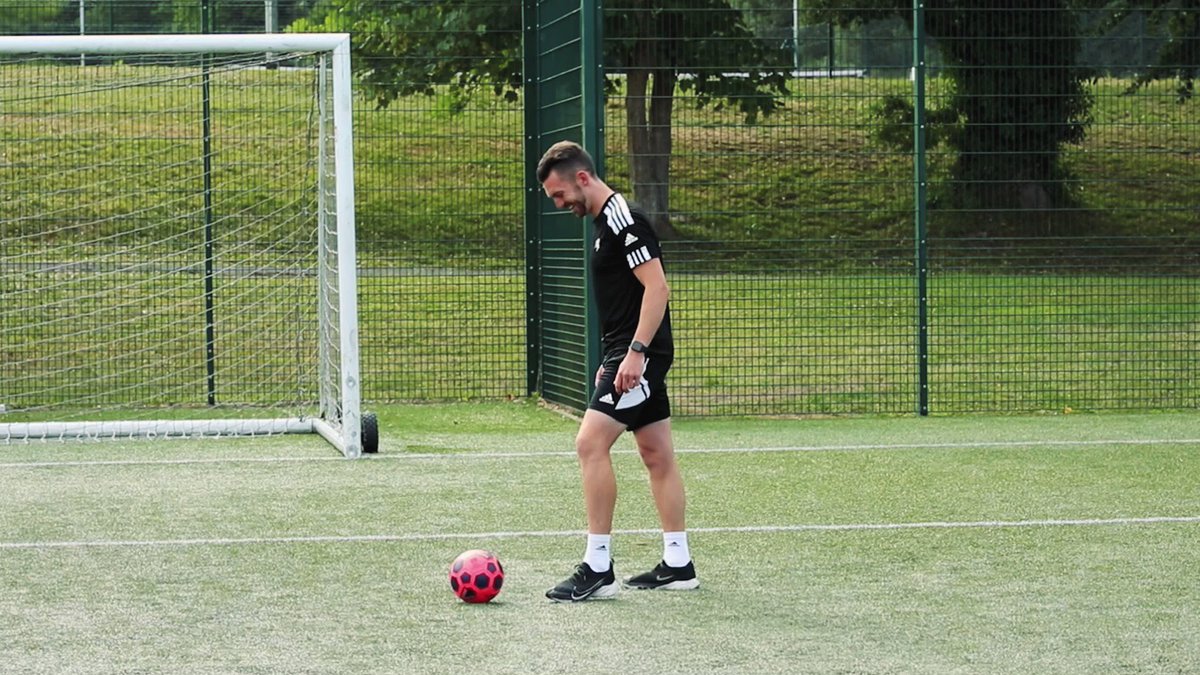Download our FREE smartphone app today!
PREVENT Extremism and Radicalisation
What is the PREVENT strategy?
PREVENT is a government strategy designed to stop people becoming terrorists or supporting terrorist or extreme causes. The PREVENT strategy covers all types of terrorism and extremism, including the extreme right wing, violent groups and other causes.
ACT- Action Counters Terrorism
How does the PREVENT strategy apply to schools?
From July 2015 all schools have a duty to keep children safe from radicalisation and extremism. This means we have a duty to protect them from extreme and violent views in the same way that we protect them from drugs or gang violence. In school, we can provide a safe place for children to discuss these issues so they have a better understanding about how to protect themselves.
What does this mean at Valley Invicta Primary School at Leybourne Chase?
Many of the things we already do in school to help our children become positive, happy members of society also contribute to the PREVENT strategy, these include:
- Lessons which aim to develop children's resillience to these issues putting them in a stronger position to be able to reject extremist views.
- The encouragement of open discussion throughout the school, particularly in our PSHE lessons.
- Challenging prejudices and racist comments.
- Developing critical thinking skills and a strong, positive self-identity.
- Children are taught to listen to others with tolerance while discussing their own opinions. They are taught to respect the views of others and other ways of life.
- Exploring other cultures and religions and promoting diversity through, for example, Religious Education and visiting different places of worship to foster religious and cultural tolerance.
- In ICT lessons children are taught to question what they read on the internet. E-safety is a key focus through the school.
- Children are encouraged to talk to an adult about things that worry or confuse them.
- Promoting the spiritual, moral, social and cultural development of ALL pupils, as well as British Values such as democracy.
We will also protect children from the risk of radicalisation, for example by using filters on the internet to make sure they cannot access extremist and terrorist material, or by vetting visitors who come into school to work with pupils.
How does PREVENT relate to British values?
Schools have been actively promoting British Values since 2014. British values include: democracy, the rule of law, individual liberty and mutual respect, and tolerance (acceptance) of different faiths and beliefs.
Isn’t my child too young to learn about extremism?
The PREVENT strategy is not just about discussing extremism itself, which may not be suitable or appropriate for younger children. It is also about teaching fundamental British Values such as tolerance, respect, democracy and the rule of law. School staff ensure that all discussions are appropriate for the age and maturity of the children involved.
Is extremism really a risk in our area?
Extremism can take many forms. It can be linked to politics, religion, colour of skin or nationality. Therefore, we will try to give our children the skills to protect them from any extremist views they may encounter, now or later in their lives.
Key Terms
Extremism – vocal or active opposition to fundamental British values such as democracy, the rule of law and tolerance of different faiths and beliefs.
Ideology – a set of beliefs.
Terrorism – a violent action against people or property, designed to create fear and advance a political, religious or ideological cause.
Radicalisation – the process by which a person comes to support extremism and terrorism.
Stereotyping - an often unfair and untrue belief that people may have about people or things with a particular characteristic, for example race or religion.
Propaganda - Information that is spread in order to influence public opinion. It usually promotes a certain cause or regime.
Discrimination - When you act on a prejudice. It is treating someone, or a group of people, in a different way because of who they are.
Where can I find out more information?
If you have any questions or concerns about the PREVENT strategy and what it means for your child, please contact the school office. Alternatively you can receive advice and support from your local police by telephoning 101.
The following sources may also be useful:
PREVENT duty guidance www.gov.uk/government/publications/protecting-children-from-radicalisation-the-prevent-duty
Frequently asked questions, Prevent For Schools www.preventforschools.org
What is Prevent? Let’s Talk About It http://www.ltai.info/what-is-prevent/
Educate Against Hate https://educateagainsthate.com/parents/

This section links to articles 2, 14, 15, 17, 22, 28, 30 and 36.



























